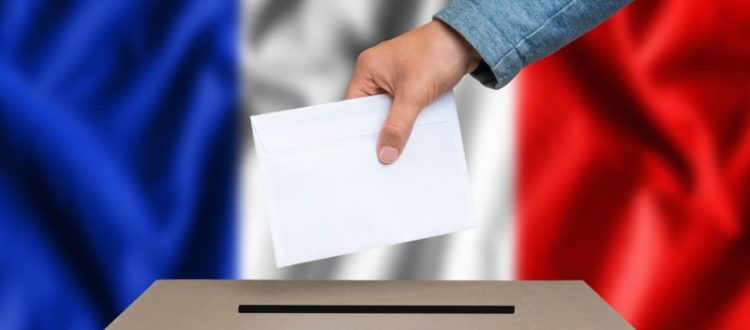FRANCE TO THE VOTE: CLIMATE AND PROGRAMS
In a few hours, we will know who, among the 12 candidates for the Elysée in the first round, will be able to really play the race for the French presidency on April 24, when the second round will take place. From the polls, it seems in fact very unlikely that one among the three favorites – Macron, Le Pen and Melenchon – can aim to an immediate exploit.
This month’s French elections could remind those of 2017, with a challenge already characterized by the co-presence of Republique En Marche (President Macron’s movement), the Rassemblement National (Le Pen’s coalition, right wing) and La France Insoumise (Melenchon’s movement, ecosocialist left). Anne Hidalgo – mayor of Paris known for her green policies – is also running as a candidate for the French Socialist Party, but appears a long way from the top three in the polls.
However, if taking a closer look, these are very different elections. Macron no longer represents a political novelty, after five years of presidency and a certain blurring of his initial project of European reconstruction around a centrist and progressive area at the same time. Furthermore, the elections are held in the middle of the semester of the European presidency of France, while a few thousand kilometers away the Russian-Ukrainian conflict rages, a real variable impossible to predict in these elections. A variable that also profoundly alters the views on climate policies of the three main contenders.
In 2020, France ranked 21st globally in terms of climate-changing emissions, with 277 million tons of carbon dioxide emitted in the reference year – more than Italy, which ranked 18th in the same year. Its energy mix is characterized by the central role of nuclear energy, at the core both of national development policies and of this election campaign.
(source: International Energy Agency 2022)
Despite an important but no longer central role in global emissions, France nevertheless represents an undeniable political and cultural reference point in Europe and worldwide, and is therefore capable of influencing the determination of policies and scenarios well beyond its national borders. This is another reason why these elections are so important for the climate. Referring to the election programs published on the websites of the three main candidates and to the summary provided by the French newspaper Le Figaro, we could summarize the main positions on climate and energy issues as follows.
Ecological transition and energy independence
MACRON: transition based on nuclear, wind and photovoltaic power, with strong investment in business and automotive (French electric car industry and first low-emission aircrafts) and attention to local levels of government (local energy self-determination)
LE PEN: France totally independent in terms of energy; transition based on nuclear power, hydroelectricity and hydrogen.
MELENCHON: 200 billion euros in green and socially useful investments towards a 100% renewable transition-
Nuclear
MACRON: building of 6 new-generation nuclear power plants
LE PEN: relaunch the nuclear industry
MELENCHON: exit from nuclear power, towards renewable energies
Renewable energies
MACRON: multiply by a scale of 10 photovoltaic generation potential and building of 50 offshore wind farms; investments to become leader in green hydrogen
LE PEN: hints at investments in hydropower and hydrogen
MELENCHON: transition to 100% of energy from renewables with exit from fossil fuels and nuclear
Energy efficiency
MACRON: public policies to ensure the renovation and energy efficiency of 700,000 homes per year, without charge to citizens
LE PEN: (not mentioned)
MELENCHON: renovation of the national housing stock
Public transport and urban planning
MACRON: a new subsidized leasing mechanism for less affluent households to be able to rent electric cars
LE PEN: (not mentioned)
MELENCHON: regulate the maximum distance of 15/30 minutes by car or public transport between the place of residence and essential public services; re-nationalization of railways and rehabilitation of peripheral railway lines; re-nationalization of highways
The attention of the three main candidates to the theme of energy independence (which can be read: from the Russian Federation – although never explicitly stated in the programs) undoubtedly stems from the changing geopolitical scenarios following the Russian invasion of Ukraine. Just in the days before the vote, the incumbent President Macron – apparently in crisis of consensus among the green and progressive electorate – was among the firsts to propose a general stop to imports of Russian oil and gas in Europe. However, the German government, still highly dependent on those same imports, opposed such solution. In a war and geo-energy scenario in continuous and rapid change, the proposals of the two contenders who will compete for the Elysée Palace from tonight could further change in the coming days.
by Jacopo Bencini, Policy Advisor and UNFCCC Contact Point

